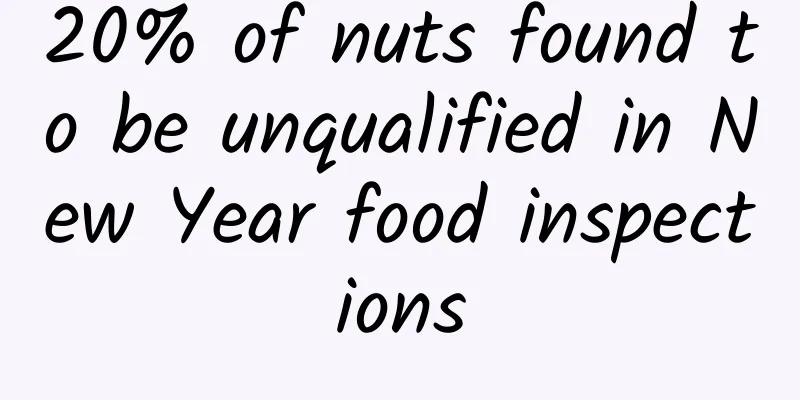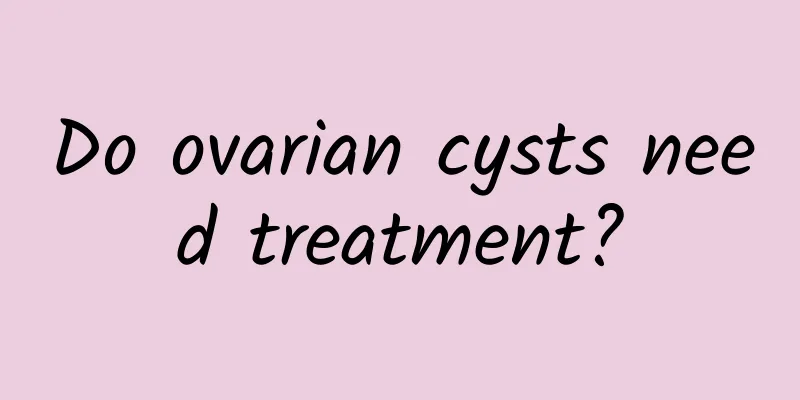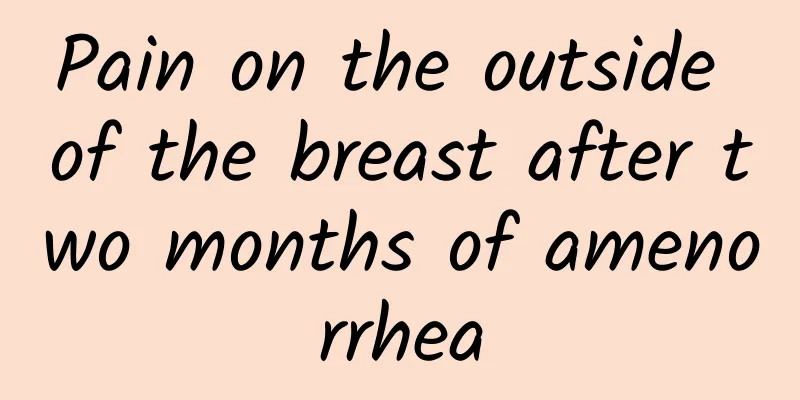20% of nuts found to be unqualified in New Year food inspections

|
As the Spring Festival approaches, the Taipei City Health Bureau released the results of the third wave of New Year food sampling on the 16th. Among them, processed nut foods and excessive addition of preservatives had the highest failure rate. The Health Bureau stated that a total of 167 items were sampled this time, 11 of which did not meet the quality inspection requirements, with a failure rate of 6.6%, which is a significant decrease compared to last year's 13% failure rate. In addition, 26 complete packaged products were inspected for labels, 3 of which did not meet the requirements, with a failure rate of 11.5%, which is also a decrease compared to last year. Chen Liqi, director of the Food and Drug Administration of the Health Bureau, said that the random inspections of New Year foods this time were mainly based on retail and wholesale locations such as supermarkets and traditional markets. Key inspection items include preservatives, bleaching agents, flavoring agents, coloring agents, aflatoxin, nitrite, etc. The inspection results show that the unqualified rate of nut processing is the highest (20%, 2 pieces/10 pieces), followed by wet rice products (11.8%, 2 pieces/17 pieces) and bean products (10.7%, 6 pieces/56 pieces). An analysis of the reasons for the violations of the 11 products that failed to meet quality inspection requirements showed that excessive addition of preservatives was the most common, with 8 cases (accounting for 72.7%, 8/11 items), followed by excessive amounts of bleaching agent sulfur dioxide, with 3 cases (accounting for 27.3%, 3/11 items). The illegal products included 6 pieces of ready-to-eat dried tofu snacks and 2 pieces of wet rice products, all of which were found to contain excessive amounts of the preservatives benzoic acid or succinic acid; 2 other pieces of processed nuts (broad beans) and 1 piece of processed aquatic product (shrimp) were found to contain excessive amounts of the bleaching agent sulfur dioxide. This project also carried out label inspections on 26 packaged foods, of which 3 did not comply with regulations, with a non-compliance rate of 11.5%. The main reasons for the violations were failure to accurately label the names of food additives or uses and incorrect fonts in the nutrition label. Director Chen Liqi pointed out that excessive intake of the bleaching agent "sulfur dioxide" may cause symptoms such as difficulty breathing, diarrhea, and vomiting. In particular, for asthma patients, consuming foods containing excessive amounts of sulfites may cause allergic reactions of varying degrees, triggering asthma and difficulty breathing. Another preservative, "benzoic acid," is commonly known as benzoic acid. After entering the human body, most of it will be metabolized and excreted from the urine within 9 to 15 hours. Within the standard range of use, it should not be harmful to the human body. However, excessive intake of benzoic acid will irritate the gastrointestinal tract and cause stomach pain. People with poor liver function should still reduce their intake. The preservative "hexadecene acid" is a commonly used preservative in general foods. In the normal metabolism of the human body, it is easily decomposed into carbon dioxide and water and excreted from the body. Although it is a preservative with lower toxicity, it should not be added to food at will or used in excess. Products that fail this quality inspection may be fined NT$30,000 to NT$150,000 by the manufacturer or responsible manufacturer in accordance with Article 12 of the Food Sanitation Management Act, "Scope, Limits and Specifications of Food Additives." If the source cannot be explained, the seller may be fined NT$30,000 to NT$150,000 in accordance with Article 35 of the law. In addition, if the packaging product labeling inspection does not comply with the regulations, it is a violation of Article 17 of the Food Sanitation Management Act and the responsible manufacturer may be fined NT$30,000 to NT$150,000 in accordance with Article 33, Paragraphs 2 and 3. For products that do not comply with regulations, the Health Bureau has notified sellers and suppliers to remove them from shelves immediately. After tracing the source of the products to other counties and cities, the Health Bureau has referred the matter to the health bureaus of the counties and cities under its jurisdiction. For those that come from this city, after investigation and confirmation of the violators, they will be dealt with in accordance with the provisions of the Food Sanitation Management Act. The Department of Health also calls on consumers to call the Taipei Citizen Hotline at 1999 (out-of-town residents please dial 02-27208889) ext. 7077 if they have any food safety or hygiene issues or consumer concerns. Or you can visit the website of the Health Bureau at http://www.health.gov.tw/ or the Food and Drug Consumer Information Service Network at http://consumer.fda.gov.tw for relevant information. |
<<: Eating smoked sausage every day can increase your risk of pancreatic cancer
Recommend
Which pelvic peritonitis is benign?
The main symptoms of acute pelvic peritonitis are...
Beware of abnormal vaginal discharge in early pregnancy
Abnormal vaginal discharge in early pregnancy may...
The symptoms of acute ectopic pregnancy include the following aspects
Ectopic pregnancy can be divided into acute and c...
What medicine can be applied to uterine fibroids? What kind of lotion is good for uterine fibroids?
Uterine fibroids are a common disease in women, a...
What are the clinical manifestations of vulvar leukoplakia?
Vulvar leukoplakia is a gynecological disease tha...
Slow muscle training method does not turn muscles into fat
I never gained weight when I was a student, but a...
How effective is TCM in treating cervical erosion?
Traditional Chinese medicine is also a commonly u...
What are the symptoms of premature ovarian failure?
Premature ovarian failure refers to the decline o...
What is cervical erosion of degree 2? Detailed medical knowledge about cervical erosion
Cervical erosion is a disease caused by patients ...
Can eating brown rice help you lose weight and stay healthy? If you have this physical problem, it is better to eat white rice
With the rise of health awareness in modern times...
Can I get pregnant if I have cervicitis? What should I know about the impact of cervicitis on the baby?
Being a mother is undoubtedly the happiest and mo...
What are the dangers of abortion for women? The four major dangers of abortion women should know
In fact, in daily life, when having sex, you also...
How much does it cost to treat cervical cysts?
Everyone wants to have a healthy body, but diseas...
How much does cervical erosion surgery cost?
The cost of cervical erosion surgery is still ver...
Experts explain the symptoms of severe cervical erosion
Do you know the symptoms of severe cervical erosi...









